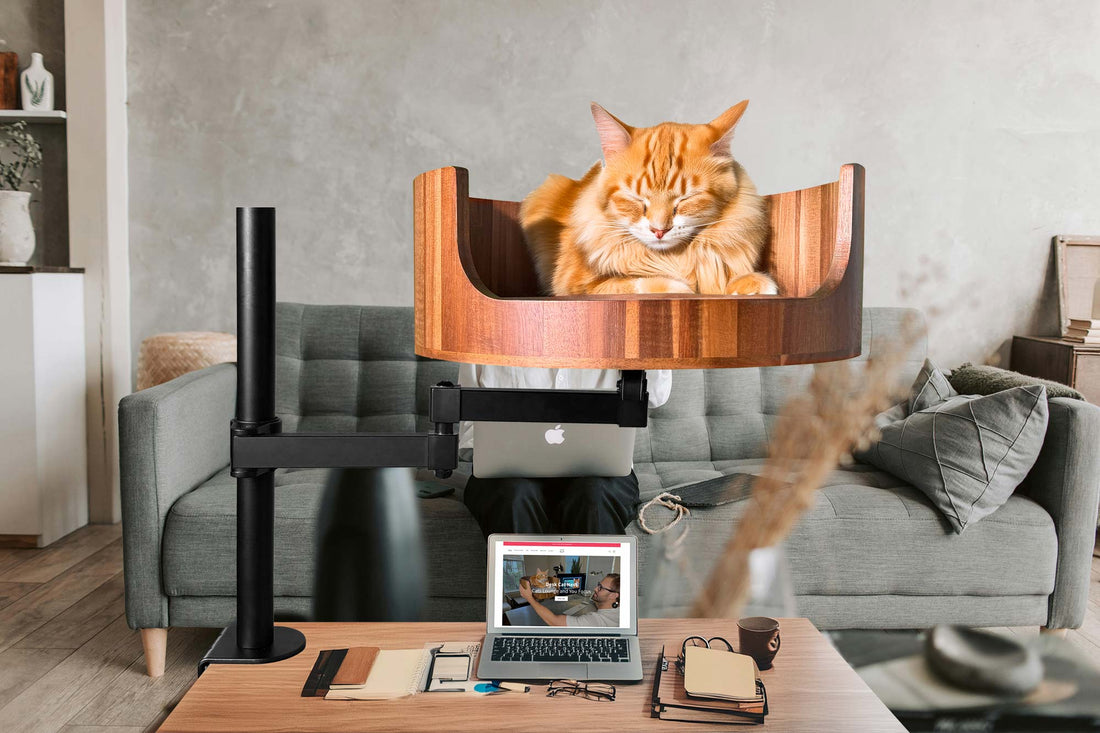
Why Do Some Dogs Eat Cat Poop? Understanding the Behavior
Share
Why Do Some Dogs Eat Cat Poop? Understanding the Behavior explores the perplexing habit of canines consuming feces from their feline counterparts. This puzzling behavior is not only gross but also potentially harmful to the dogs engaging in it. In this article, we will delve into the possible reasons why some dogs are attracted to cat poop and what can be done to discourage this behavior.
One of the main theories surrounding why dogs eat cat poop is related to their innate scavenging instincts. Dogs have a natural inclination to explore and consume various items, including feces, as part of their hunting and foraging behaviors. Additionally, the composition of cat waste may contain certain nutrients that are appealing to dogs, leading them to seek out and ingest it. While this behavior may seem harmless, it can pose health risks to dogs, such as the transmission of parasites or bacteria from the cat's feces. Understanding the underlying reasons behind this behavior is crucial in addressing and preventing it in our beloved canine companions.
1. Coprophagia, the behavior of eating feces, is common in dogs and can be influenced by various factors.
2. Dogs may eat cat poop due to its appealing odor, taste, or texture.
3. Health issues such as nutrient deficiencies or malabsorption may also drive dogs to consume cat feces.
4. Preventive measures like keeping litter boxes inaccessible to dogs or using deterrent products can help curb this behavior.
5. Consulting with a veterinarian is crucial to rule out any underlying medical reasons for coprophagia in dogs.
Reasons why some dogs eat cat poop
One possible reason why some dogs eat cat poop is that they are attracted to the strong scent that the feces give off. This could be due to the high protein content in the cat's diet, making the feces appealing to the dogs. Another explanation could be that dogs consider cat poop a delicacy or a treat, especially if they have a taste for fecal matter. Additionally, dogs may pick up this behavior from their instincts as scavengers, as consuming feces may have once been a survival tactic in the wild.
Potential health risks associated with eating cat poop
While it may seem harmless for dogs to eat cat poop, there are actually several health risks associated with this behavior. One major concern is the risk of ingesting parasites or worms that may be present in the cat's feces. This can lead to symptoms such as vomiting, diarrhea, and weight loss in dogs. Ingesting cat poop can also expose dogs to harmful bacteria and toxins, potentially causing serious illnesses or infections.
How to prevent dogs from eating cat poop
There are several strategies that pet owners can implement to prevent their dogs from eating cat poop. One method is to keep the litter box out of reach from the dogs by placing it in a location that is inaccessible to them. Using a covered litter box or a litter box with a door flap can help prevent dogs from gaining access to the cat's feces. Another approach is to train the dog to avoid the litter box by using positive reinforcement techniques, such as rewarding them with treats when they ignore the feces.
FAQs for Desk Cat Nest - Why do some dogs eat cat poop?
Why do dogs eat cat poop?
Dogs may eat cat poop due to their natural instinct to scavenge for food. Cat feces can contain undigested nutrients that may be appealing to dogs. Additionally, some dogs may eat cat poop as a behavioral issue or out of boredom.
Is it harmful for dogs to eat cat poop?
Eating cat poop is not ideal for dogs as it can expose them to parasites and bacteria found in the cat feces. This can potentially lead to stomach upset, diarrhea, and other health issues. It is best to prevent dogs from eating cat poop whenever possible.
How can I prevent my dog from eating cat poop?
To prevent your dog from eating cat poop, it is important to keep the litter box out of reach or in a location that is inaccessible to the dog. You can also train your dog to leave the cat poop alone using deterrents or positive reinforcement. Ensuring your dog has a balanced diet and regular exercise can also help reduce their urge to scavenge for food.
In conclusion, providing a Desk Cat Bed for your feline companion can help minimize the likelihood of your dog eating cat poop. By giving your cat a designated space to relax and relieve themselves, you can help create a cleaner and more hygienic environment for both pets. Additionally, the Desk Cat Bed offers a comfortable and stylish solution for your cat's needs, enhancing their overall well-being. Invest in a Desk Cat Bed today to reduce the temptation of dog-eating cat feces and promote a harmonious living space for all furry members of your family.



















































